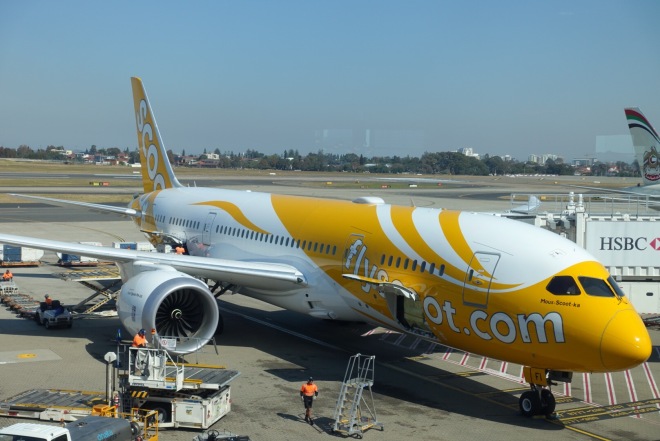There’s two sides to the question of sustainable tourism.
In Europe, there have been surges of resident concern about overcrowding and the impact of cruise ships on fragile ancient cities like Venice, Barcelona, Dubrovnik and Italy’s Isle of Capri.
Tourism contributes enormously to economies and job-creation, but also creates pressure on local cultures, the environment and energy resources.
Anyone who has visited the Greek islands, Venice or Capri in Summer will attest to the problems of cruise ships and coaches disgorging thousands of people into tiny, Medieval streets.

However, there’s another key side to the issue that doesn’t necessarily grab the headlines, but is even more important.
Positive action is being taken across a range of areas to ensure that mass tourism doesn’t destroy the attractions that draw people in the first place.
One of the most high profile measures occurred when the United Nations highlighted the issue by designating 2017 as the International Year of Sustainable Tourism for Development.

This gave important impetus to a range of industry measures that were able to be highlighted during the year.
Its tourism body, the UNWTO, encouraged practices like minimizing the use of plastic; protecting natural and cultural heritage such as rain forests and historical sites; supporting local communities by employing local staff, buying local products and engaging in charity work.
However, sustainable tourism measures were well underway before 2017.
The airline industry, for example, has long been investing in new-age planes that burn less fuel and provide health and cost-saving benefits.
For example, we recently rated the Age-Friendliness of a Boeing 787 Dreamliner operated by Scoot Airlines between Australia and Athens.

It was an eye-opening experience.
The Dreamliner is made of composite plastic, uses less fuel, leaves passengers feeling more refreshed upon arrival and seems much quieter than similar-size jets.
Scoot has set a tremendous example of sustainability and environmental consciousness by dominating its fleet with Dreamliners.
And, of course, that is only part of an important trend.
Treading in the right direction
 Other notable and praiseworthy steps toward sustainable tourism include the TreadRight Foundation, a joint initiative between The Travel Corporation’s (TTC) family of brands, which include prominent industry players AAT Kings; Trafalgar Tours; Red Carnation Hotels; Insight Vacations; Contiki Tours; Uniworld Boutique River Cruise Collection; and Creative Holidays.
Other notable and praiseworthy steps toward sustainable tourism include the TreadRight Foundation, a joint initiative between The Travel Corporation’s (TTC) family of brands, which include prominent industry players AAT Kings; Trafalgar Tours; Red Carnation Hotels; Insight Vacations; Contiki Tours; Uniworld Boutique River Cruise Collection; and Creative Holidays.
TreadRight Foundation is a not-for-profit that encourages sustainability by providing grants to protect natural attractions and unique heritages. To date, TreadRight has helped support at least 40 sustainable tourism projects worldwide.
An example is the first-of-its-kind guide for sustainable river cruising. This guide suggests strategies for reducing water and energy use and waste generation on river cruises.
These type of positive initiatives allow travellers to select and support companies that are showing a commitment to sustainable tourism.
The cruise industry itself has also been involved in ocean conservation measures such as reducing exhause emissions – and has invested in fuel efficient ships and water and waste conservation.
And, importantly, cruise companies are increasingly looking beyond their ships to the places they visit – encouraging onshore tour providers to adopt sustainable practices.
The Centre for Responsible Travel (CREST) is a research organization with the aim of increasing the positive global impact of responsible tourism.
CREST says it helps governments; policy makers; tourism businesses; nonprofit organizations; and international agencies to find solutions to critical issues confronting tourism.
For the individual traveller, there are alsoa growing number of online travel purchasing platforms, such as Kind Traveler, claiming to help consumers choose companies that are giving back to their communites.


